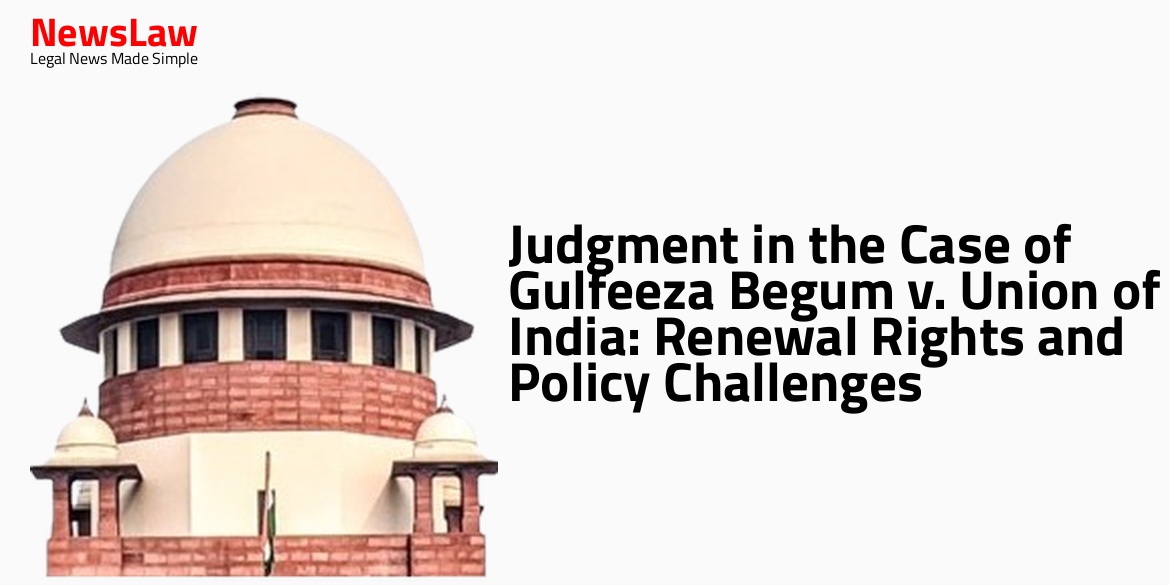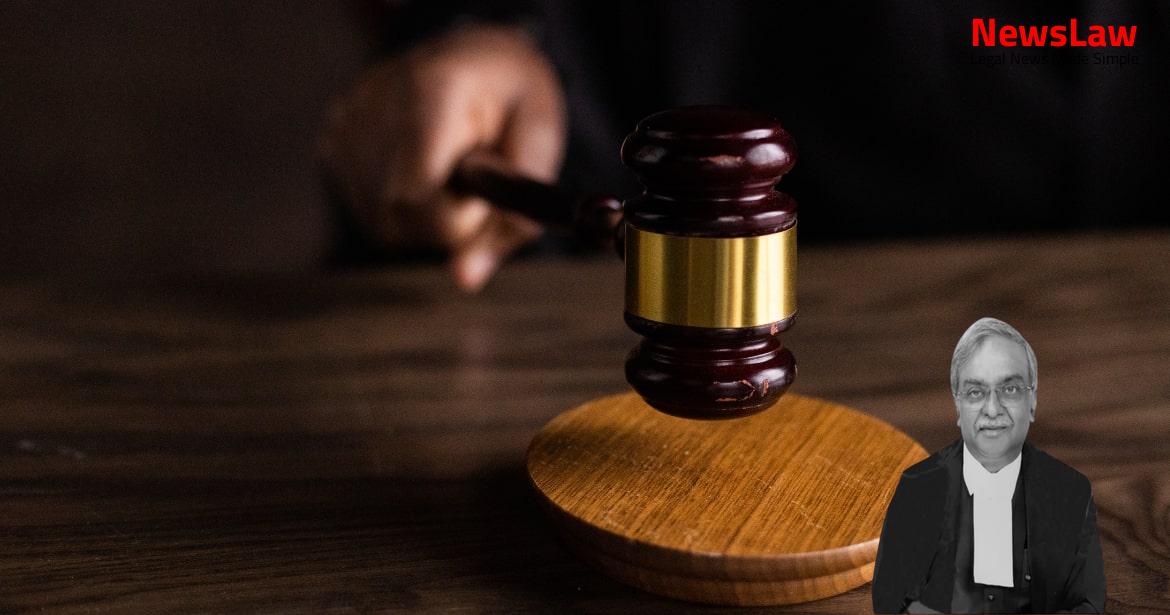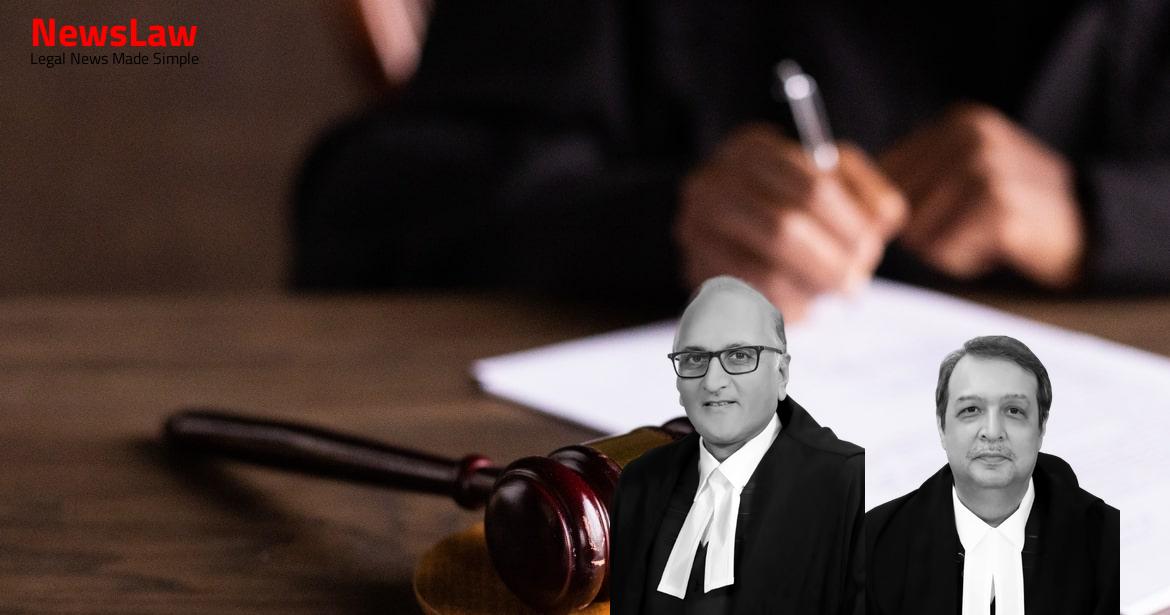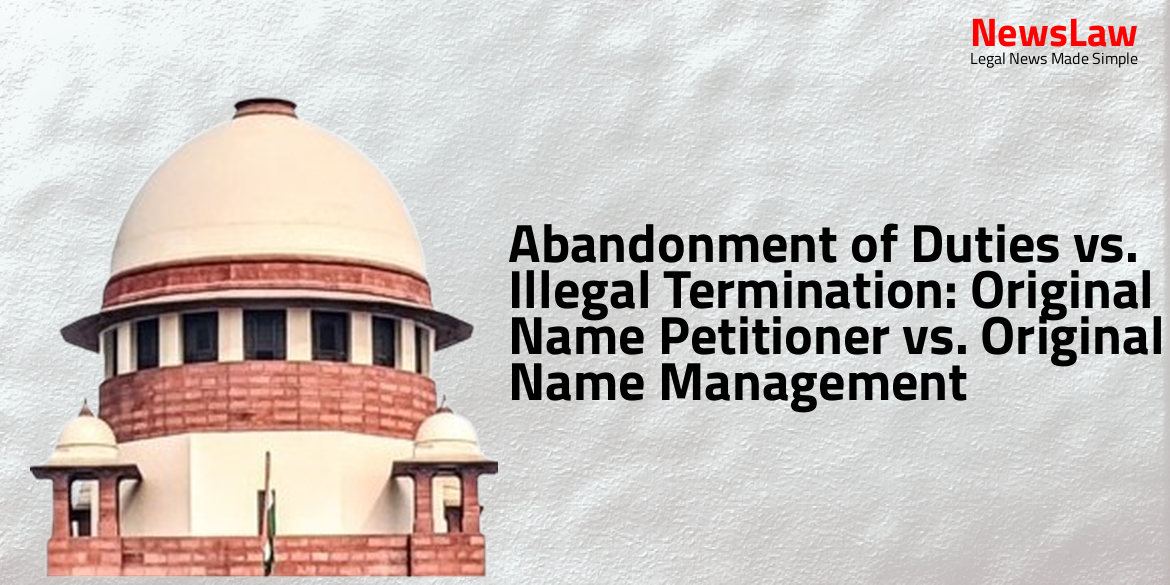The Delhi High Court has ruled on a significant case involving Gulfeeza Begum and the Union of India, discussing renewal rights and policy challenges in licensing agreements. This judgment sheds light on critical aspects of contract law and government policies, impacting similar disputes in the future. Stay informed on the legal landscape with this insightful analysis.
Facts
- The petitioners were running miscellaneous stalls/trolleys at railway stations under Commercial Circular No. 96 of 2007.
- In 2017, Northern Railway forced the petitioners to convert their stalls/trolleys to MPS based on the 2017 Policy.
- Different Master License Agreements were executed between the petitioners and Northern Railway for running MPS at specific railway stations.
- Under the Master License Agreements, the license tenure was for five years from the conversion date until 21.12.2022 with no provision for extension or renewal.
- Due to a force majeure event, the tenure was extended until 27.02.2023 through letters from Northern Railway.
- The petitioners were directed to vacate their MPS by 27.02.2023 as per the letters.
- Petitioner no.1 operates three MPS at Bareilly Railway Station, Petitioner no.2 operates one MPS at Moradabad Railway Station, and Petitioner no.3 operates one MPS at Haridwar Railway Station.
Arguments
- The petitioners argue that they should be allowed to renew their licenses based on a Supreme Court judgment in South Central Railways case.
- They claim that the refusal to renew their licenses while renewing others’ licenses is arbitrary and violates their fundamental rights.
- The extension of the contract due to Covid-19 is deemed arbitrary compared to extensions granted to other units in different railway zones.
- The petitioners seek an extension of the license period proportionate to the reduction in fees due to decreased foot traffic during the lockdown.
- They argue that they were coerced into converting their stalls to MPS units under economic duress and unequal bargaining power.
- The petitioners challenge the jurisdiction of the courts based on exclusive jurisdiction clauses in the license agreements and an arbitration clause in the 2017 Policy.
- They maintain that the 2017 Policy prevents monopolization of licenses and provides equal opportunity for livelihood.
- The petitioners were aware of the non-renewal clause in the 2017 Policy and voluntarily applied for conversion to MPS units.
- The petitioner signed a contract with a clear indication that it was for a non-renewable period of five years.
- The petitioner cannot claim ignorance as the terms of the contract were explicit.
- The petitioner enjoyed the benefits of the contract for the entire five-year period.
- The court rejected the petitioner’s attempt to rely on a Supreme Court judgment that was not applicable to their case.
- The court clarified that the petitioner’s contract was not under the Catering Policy mentioned in the Supreme Court judgment.
- The court emphasized that the petitioner cannot retroactively seek benefits under previous policies once their contract has been completed.
Analysis
- The petitioners challenged Clause 5 and Clause 11 of the 2017 Policy, seeking renewal/extension of their licenses despite the policy’s non-renewal clause.
- The court found the petitioners’ contention for renewal of licenses unsustainable as the 2017 Policy clearly stated no extension or renewal of MPS units, allowing participation in fresh bids instead.
- The policy decision to re-tender all MPS units after the tenure’s expiry was justified to offer equal opportunities and prevent indefinite licenses.
- The court emphasized that granting perpetual renewal would violate equality of opportunity guaranteed under the Constitution.
- The court upheld the license non-renewal clause of the 2017 Policy and the terms outlined in the license agreements.
- Extension of license period due to Covid-19 was addressed, with licenses being extended for a specific period based on force majeure events.
- The court clarified that a license under the 2017 Policy does not confer an indefeasible right to renewal, and the petitioners can participate in future tenders.
- The court highlighted the reservation provisions in the 2017 Policy to ensure opportunities for marginalized minorities and weaker sections of society.
- Legitimate expectation for renewal of licenses was deemed lacking in merit, and the court dismissed the argument based on lack of provisions in the policy for renewal or extension.
- The court asserted that it is within the executive’s domain to make policy decisions based on exigencies and for better administration.
- Original names should be used in the judgment instead of using terms like Respondent No 1 or Petitioner No 1.
- The extract provided is from point 55 of the judgment.
- It highlights the importance of using original names in the legal document for clarity and accuracy.
- This is crucial in ensuring that all parties involved are clearly identified and understood in the context of the case.
- The Karnataka High Court rejected a challenge to the 2017 Policy in the case titled Gulfeeza Begum v. Union of India.
- The court stated that past relaxations in policy do not guarantee future relaxations for participants in Civil Services Examinations.
- A Mandamus cannot be issued to direct the enactment of laws or rules under Article 226 of the Constitution.
- Mandamus is applicable for enforcement of fundamental or statutory rights.
- Judicial review of policy decisions is distinct from mandamus to frame policies in a specific manner.
- Legitimate expectation does not always entitle the expectant to relief, depending on public interest, policy changes, or conduct of the expectant.
- Public bodies cannot arbitrarily decline to renew a license; decisions must have rational purposes.
- Courts interpret laws involving a creative process and can review the validity of policy decisions.
- Individual license agreements and the 2017 Policy contain an arbitration clause for grievances related to Covid-19 extension insufficiency or damages claims.
- Petitioners can invoke the arbitration clause and initiate appropriate proceedings if they are aggrieved.
- The arbitration clause applies to licensees who have not yet formally executed the license agreement.
Decision
- Existing Bookstall/table, Misc. Stalls/trolley, Chemist Stalls/corner given option to convert to Multipurpose Stalls (MPS) by paying License Fee quoted by prospective bidder.
- No new allotment, renewal, extension of existing stalls/trolley by the railways; all existing stalls/trolleys allowed for conversion into MPS.
- Existing licensees given two options: convert to MPS for 5 years tenure or continue existing stalls till expiry of current agreement.
- 2017 Policy advantages led petitioners to opt for conversion to MPS; granted 3 months to vacate stalls for transition to alternative vending arrangement.
- Renewal of License for miscellaneous stalls/trolleys requested by petitioners; court finds no merit in petitions and dismisses them, keeping rights and remedies open.
- All pending applications disposed of; common issues considered as many petitions involve Northern Railway; petitions held maintainable and adjudicated on merits.
Case Title: ALEX SELESTIN MARTIN Vs. UNION OF INDIA & ORS. (2024:DHC:4452)
Case Number: W.P.(C)-7177/2024



